Switzerland is not just about mountains and lakes – it’s a treasure trove of art, history, and traditions. Planning a cultural trip to Switzerland allows you to explore historic towns, world-class museums, vibrant festivals, and local customs. This guide helps you make the most of your Swiss cultural adventure efficiently and enjoyably.
Best Time to Visit for Cultural Experiences
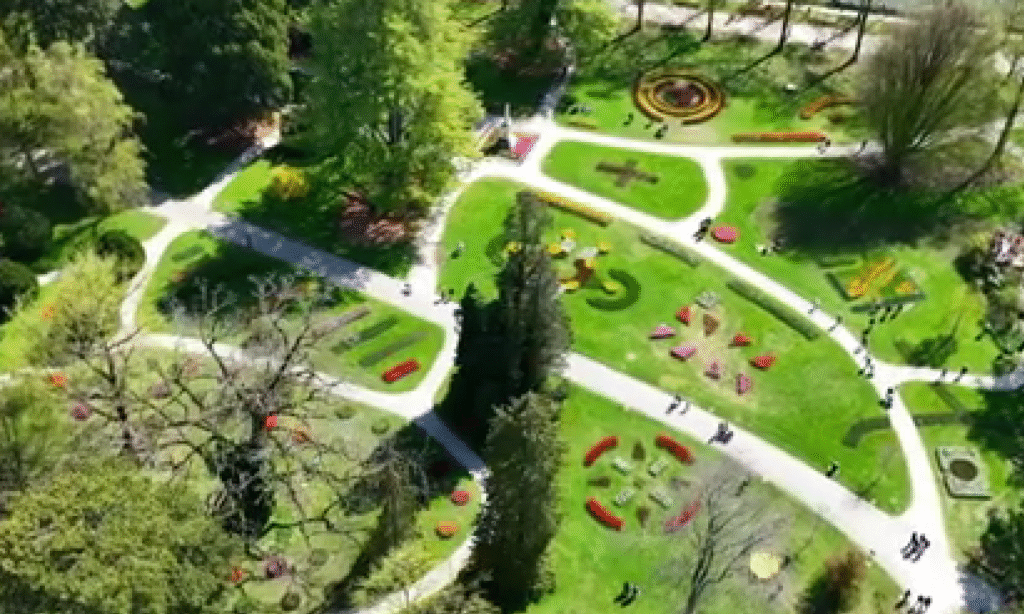
Spring (March – May)
- Enjoy flower festivals and outdoor cultural events: Visit the Tulip Festival in Morges (Lake Geneva region) to see vibrant flower displays. Attend Zurich’s Sechseläuten parade, where locals celebrate spring with traditional costumes and burning of the “Böögg” snowman.
- Quieter museums and historic sites before peak tourist season: Explore the Swiss National Museum in Zurich or Château de Chillon in Montreux without large crowds, perfect for a relaxed cultural trip to Switzerland.
Summer (June – August)
- Major music festivals: Experience the world-famous Montreux Jazz Festival or Lucerne Festival, enjoying performances in historic settings.
- Open-air art exhibitions and local folk festivals: Visit Basel for open-air art and cultural parades, or Appenzell for traditional Swiss folklore and dances.
- Longer daylight for sightseeing: Take scenic walks along Lake Geneva or the streets of Bern’s Old Town, maximizing time for museums, galleries, and cultural sites.
Autumn (September – November)
- Wine and harvest festivals in vineyards: Attend the Lavaux Vineyards Harvest Festival near Montreux, tasting local wines and enjoying live music.
- Beautiful fall foliage in historic towns: Stroll through Lucerne or Bern as leaves turn golden, capturing perfect photo opportunities during your cultural trip to Switzerland.
- Fewer tourists, ideal for museum visits: Visit Basel’s Art Museum or Zurich’s Kunsthaus at a leisurely pace.
Winter (December – February)
- Traditional Christmas markets: Explore Basel, Zurich, and Lucerne markets for crafts, food, and festive cultural experiences.
- Winter cultural events: Attend Lucerne Carnival or folklore performances showcasing Swiss customs.
- Cozy indoor cultural activities: Spend time in museums, art galleries, or historic castles, enjoying Swiss culture while staying warm.
Choosing the Right Cities and Regions
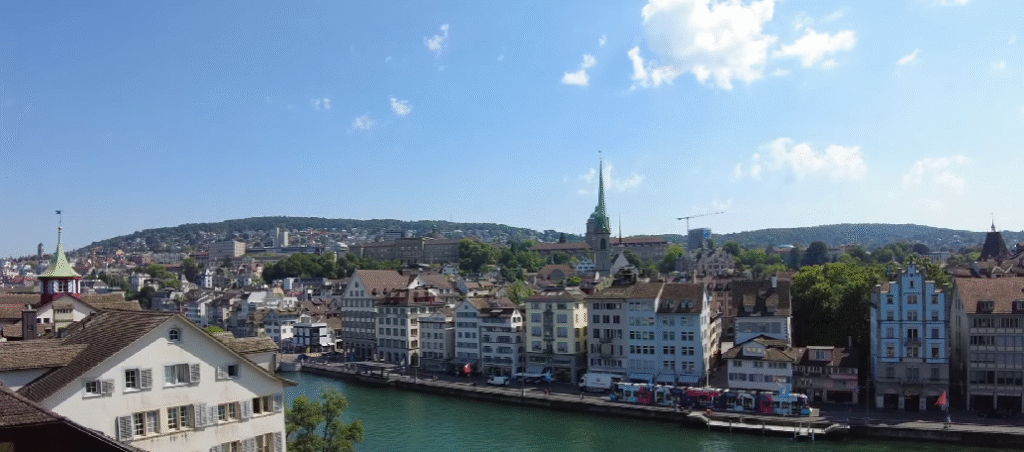
Zurich
- Kunsthaus Zurich – Explore masterpieces by Swiss and international artists.
- Swiss National Museum – Learn about Swiss history, traditions, and culture.
- Old Town (Altstadt) – Walk cobblestone streets, historic churches, and local markets.
Geneva
- Museum of Art and History – Extensive collections of archaeology, fine arts, and applied arts.
- Old Town – Visit St. Pierre Cathedral and historical squares.
- International Cultural Institutions – Discover the United Nations Office and Red Cross Museum.
Basel
- Basel Art Museum – Classic and contemporary art exhibitions.
- Art Basel Festival – Annual international contemporary art fair.
- Historic Old Town – Visit the medieval Basel Minster and Market Square.
Lucerne
- Chapel Bridge (Kapellbrücke) & Water Tower – Iconic historic landmarks with murals.
- Swiss Transport Museum – Interactive exhibits on transport, communication, and tourism.
- Local Music Festivals – Classical concerts and folk events along Lake Lucerne.
Bern
- Old Town (UNESCO World Heritage) – Medieval streets, arcades, and fountains.
- Bern Historical Museum – Swiss culture, history, and Einstein Museum.
- Traditional Markets – Seasonal crafts, food, and folk celebrations.
Lausanne
- Olympic Museum – Sports culture and Olympic history.
- Lake Geneva Cultural Events – Outdoor concerts and art exhibitions.
- Arts District – Local galleries, theaters, and performance spaces.
Interlaken & Jungfrau Region
- Alpine Culture and Folklore Shows – Traditional music and dance performances.
- Traditional Villages – Grindelwald, Gimmelwald, and Lauterbrunnen for authentic Swiss life.
- Scenic Spots – Explore waterfalls, mountain trails, and photography locations.
Montreux
- Montreux Jazz Festival – Internationally renowned music event.
- Château de Chillon – Historic lakeside castle with guided tours.
- Lakeside Promenade – Cultural stroll with sculptures, gardens, and cafes.
Planning Your Itinerary for a Cultural Trip to Switzerland
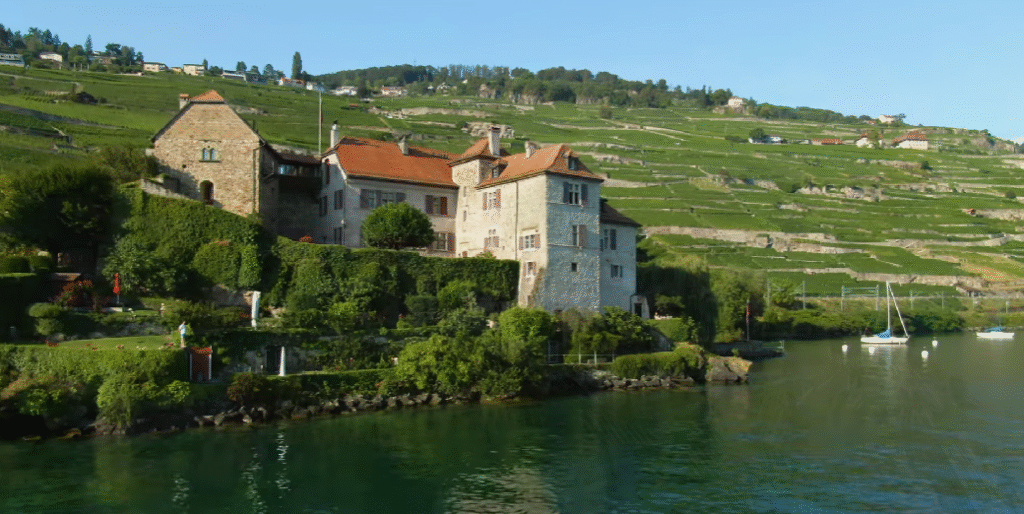
Decide on Trip Length
- A short cultural getaway to Switzerland (3–4 days) can cover one or two cities like Zurich and Lucerne. For a deeper Swiss cultural experience, plan at least 7–10 days to explore major regions, attend festivals, and visit museums without rushing.
Balance Cities and Countryside
- Urban hubs like Zurich, Geneva, and Basel are full of museums, theaters, and festivals, while small villages such as Appenzell or Lauterbrunnen showcase authentic traditions.
Include Must-See Attractions
- Plan time for iconic places such as Château de Chillon, the Swiss National Museum, or Basel’s Art Museum. Adding cultural landmarks ensures your Swiss cultural journey covers both history and art.
Add Seasonal Festivals and Events
- If your trip is in summer, attend Montreux Jazz Festival; in winter, enjoy Lucerne Carnival; in autumn, experience grape harvest festivals in Lavaux. Including seasonal events makes your cultural travel itinerary in Switzerland more vibrant and memorable.
Plan Cultural Day Trips
- From Zurich, take a day trip to Stein am Rhein for medieval architecture. From Geneva, visit Gruyères for cheese-making and its castle.
Allow for Flexibility
- While structure is important, leave free time for exploring hidden gems, local markets, and spontaneous events. Sometimes the best memories of a cultural trip to Switzerland come from unplanned encounters with traditions or festivals.
Use Efficient Transport
- The Swiss Travel Pass makes hopping between cities easy and affordable, letting you see more cultural landmarks in less time.
Mix Indoor and Outdoor Activities
- Combine museum visits with scenic walks along lakes or through old towns.
Transportation Tips for Cultural Travelers
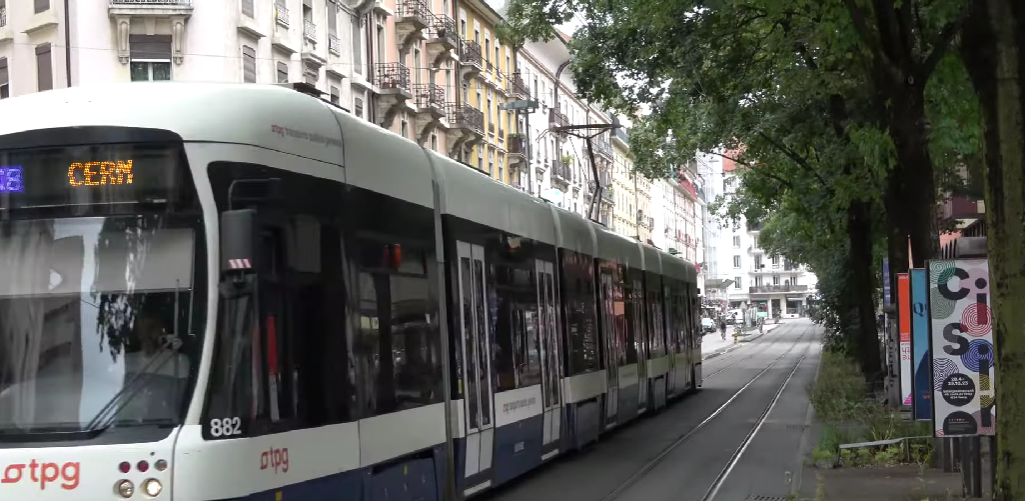
Swiss Travel Pass
- Unlimited travel on trains, buses, and boats
- Free or discounted entry to many museums and attractions
Trains
- Efficient and scenic routes connecting major cities and towns
- Book in advance for long-distance or scenic trains
Public Transport in Cities
- Trams and buses are reliable in Zurich, Basel, Geneva, and Bern
- Day passes or multi-day passes save money for multiple rides
Scenic Train Routes
- Glacier Express, Bernina Express, GoldenPass Line for cultural and scenic experiences
- Ideal for photography and connecting cultural towns
Car Rentals
- Useful for remote villages and small towns
- Check parking availability and local traffic rules
Biking & Walking Tours
- Many cities offer bike rentals and guided walking tours
- Great way to explore historic areas and local culture
Airport Transfers
- Direct train connections from Zurich, Geneva, and Basel airports
- Efficient shuttle buses and taxis available
Accommodation Recommendations
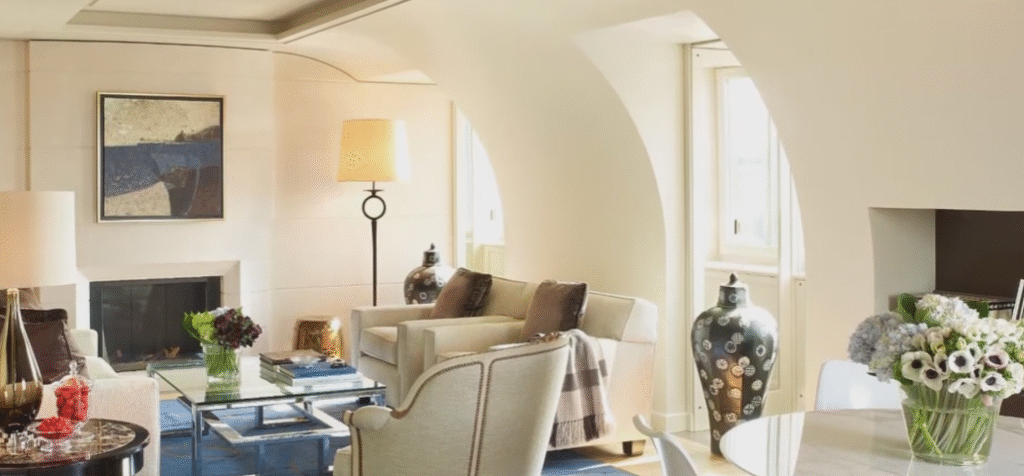
Luxury Hotels
- For travelers who want culture with comfort, luxury hotels like Baur au Lac in Zurich, Beau-Rivage in Geneva, or Hotel Schweizerhof in Lucerne combine history, architecture, and fine dining. Staying in such places enhances your cultural trip to Switzerland by immersing you in Swiss elegance.
Boutique Hotels
- Boutique options such as Hotel des Balances in Lucerne or The Dolder Grand in Zurich offer stylish designs with a cultural twist.
Historic Inns & Heritage Stays
- For a unique experience, stay in heritage hotels like Château Gütsch in Lucerne or small historic inns in Bern’s Old Town.
Family-Run Guesthouses
- Guesthouses in smaller towns such as Appenzell or Lauterbrunnen allow you to experience Swiss hospitality firsthand. Interacting with hosts often provides insights into local traditions, enriching your cultural adventure in Switzerland.
Budget-Friendly Hostels
- Swiss Youth Hostels in Zurich, Interlaken, or Basel are affordable choices for travelers who want to save money without missing cultural hotspots.
Alpine Lodges & Farm Stays
- In rural regions, staying in alpine lodges or farmhouses offers immersion in traditional Swiss life. Wake up to cowbells, taste homemade cheese, and join local activities—an unforgettable part of a food and culture trip in Switzerland.
Airbnb & Apartments
- Renting an apartment in Bern, Geneva, or Lausanne allows flexibility and the chance to shop at local markets and cook with Swiss ingredients.
Festival-Linked Stays
- During big cultural events like the Montreux Jazz Festival or Basel Fasnacht, book accommodations early. Staying close to the venues ensures easy access and makes your festival-focused cultural trip in Switzerland more enjoyable.
Food & Culinary Experiences
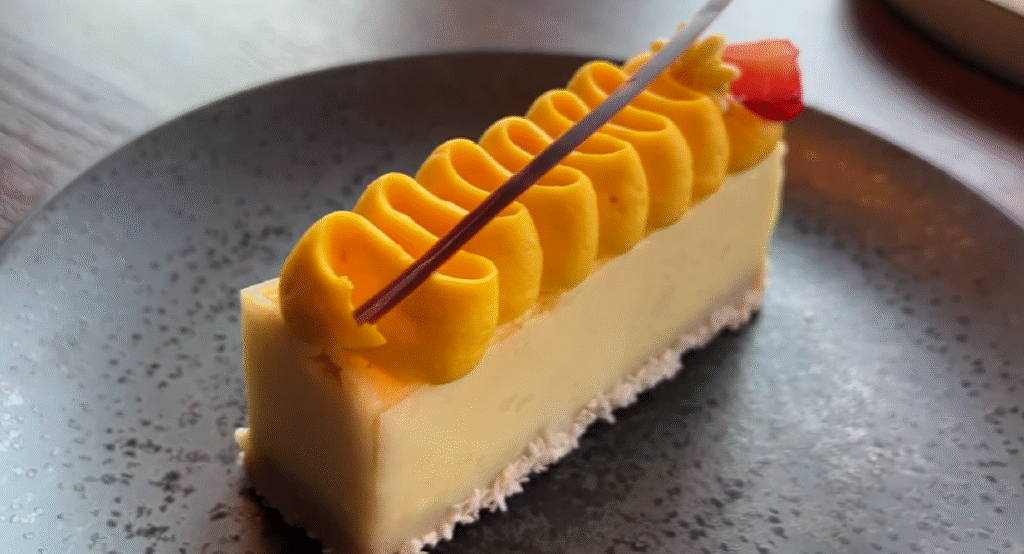
Traditional Swiss Dishes
- Swiss cuisine is a rich mix of regional flavors. Fondue and raclette are must-try classics, especially in alpine regions like Interlaken and Grindelwald, where you can enjoy them with stunning mountain views. Rösti, a crispy potato dish, is perfect for lunch in Lucerne, while Zürcher Geschnetzeltes (veal in creamy sauce) showcases Zurich’s culinary heritage. Experiencing these dishes firsthand is an essential part of any Swiss cultural journey, giving travelers a taste of local traditions.
Swiss Chocolate & Confectionery
- Switzerland is world-famous for its chocolate. Visiting the Lindt Factory in Zurich or Maison Cailler in Gruyères allows travelers to see the chocolate-making process, participate in tastings, and even attend workshops. This hands-on experience turns a simple treat into a memorable part of your cultural foodie trip to Switzerland, showing how chocolate is intertwined with Swiss identity and craftsmanship.
Cheese Factories & Dairy Tours
- Visiting Emmental, Gruyère, or Appenzell offers travelers insight into traditional cheese-making. Learn about the aging process, try freshly made cheese, and watch demonstrations from master cheesemakers. These activities are more than tastings—they are immersive experiences that enhance a Swiss culinary adventure and highlight centuries-old agricultural traditions.
Local Markets & Food Festivals
- Farmers’ markets in Basel, Zurich, and Lausanne are treasure troves of local produce, baked goods, and artisanal products. Seasonal food festivals, such as the Basel Autumn Market or Montreux Chocolate Festival, allow travelers to interact with locals, taste regional specialties, and experience Swiss culture in a lively, authentic setting.
Bakery & Pastry Experiences
- Swiss pastries, such as Nusstorte from Engadin, Basler Läckerli from Basel, and Zuger Kirschtorte, are not just desserts—they tell the story of Swiss regions and traditions. Participating in workshops where visitors can bake their own treats offers an unforgettable, hands-on element for any food-focused cultural trip in Switzerland, combining taste with tradition.
Wine & Vineyard Tours
- The Lavaux vineyards along Lake Geneva and the Valais wine region are ideal for tasting Swiss wines while enjoying spectacular scenery. Guided tours explain grape varieties, production methods, and local customs. Sipping a glass of Chasselas while overlooking terraced vineyards deepens your understanding of Swiss culture.
Swiss Beverages
- Beyond food, Switzerland offers a range of traditional beverages. Sample local beers in Basel, ciders in Appenzell, and mineral waters from alpine springs.
Cultural Etiquette & Tips
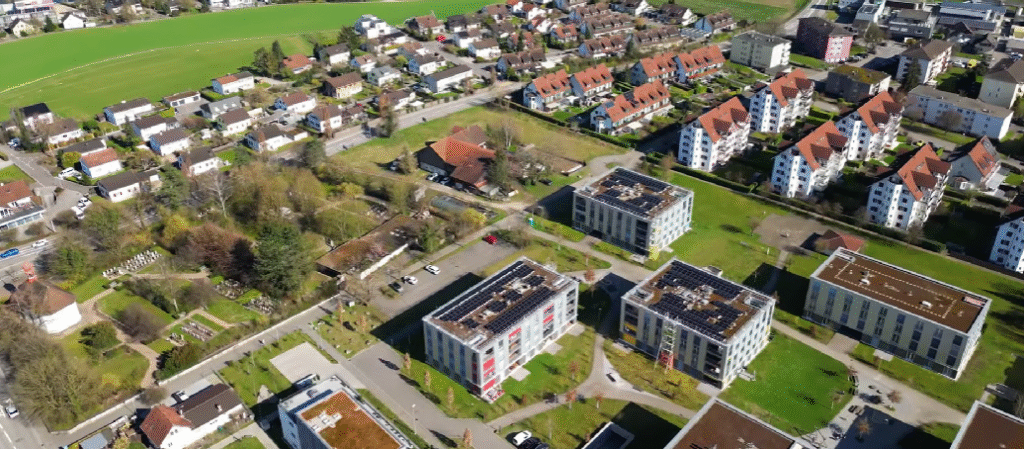
Respect Local Customs
- Greet people politely with “Grüezi” (German), “Bonjour” (French), or “Ciao” (Italian) depending on the region
- Stand in line and wait patiently in public places
Punctuality
- Being on time is highly valued in Switzerland
- Arrive early for trains, tours, and appointments
Quiet in Public Spaces
- Keep noise levels low on public transport and in restaurants
- Avoid loud phone conversations in museums and galleries
Tipping Etiquette
- Service charge often included; rounding up or leaving 5–10% is customary
- Tip in cash when possible
Dress Code & Appearance
- Dress neatly, especially when visiting churches, theaters, or upscale restaurants
- Comfortable clothing for walking tours and outdoor cultural sites
Photography Rules
- Ask permission before taking photos of people, especially in traditional villages or festivals
- Respect signs prohibiting photography in museums or exhibitions
Environmental Respect
- Dispose of trash properly; Switzerland is very clean
- Recycle whenever possible and respect natural sites
Local Etiquette at Dining
- Keep hands visible on the table
- Wait for hosts before starting meals, and don’t rush dining experiences
Budgeting for a Cultural Trip
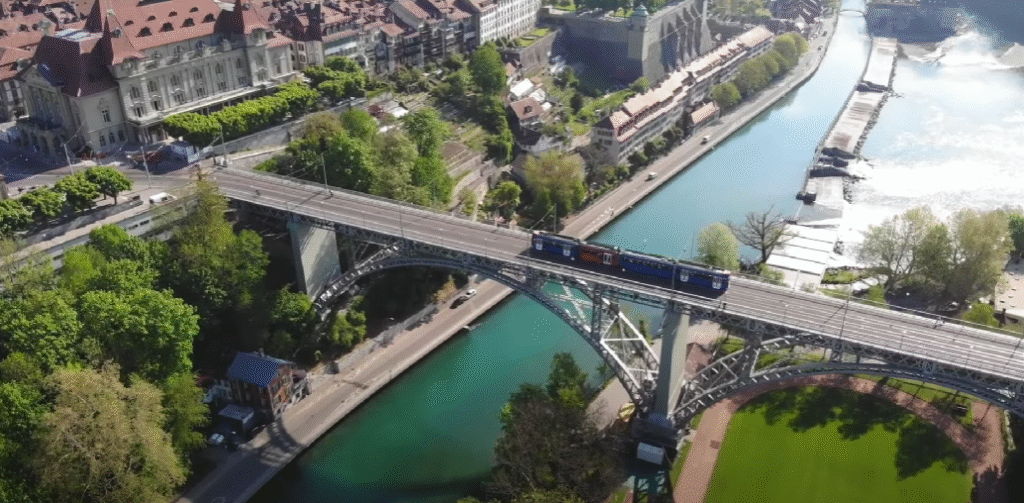
Accommodation Costs
- Luxury hotels in Zurich or Geneva can cost €250+ per night, while boutique hotels and guesthouses in Lucerne or Bern range from €100–€180. Budget hostels start around €40. Planning early ensures affordable options for your cultural trip to Switzerland.
Transportation Expenses
- A Swiss Travel Pass (~€232 for 3 days) covers unlimited trains, buses, and boats and includes free or discounted entry to many cultural sites. Scenic trains like the Glacier Express cost extra. Budget wisely to maximize your Swiss cultural experience.
Food & Dining
- Average meal in a restaurant: €20–€50 per person. Street food, bakeries, and local markets are budget-friendly alternatives. Allocate extra for trying Swiss specialties like fondue or raclette.
Attraction & Museum Tickets
- Entry fees vary: Château de Chillon (€13), Kunsthaus Zurich (€23), and Bern Historical Museum (€16).
Cultural Events & Festivals
- Ticketed events like Montreux Jazz Festival (~€50–€200) or Basel Art Basel require budgeting. Free local festivals provide excellent cultural experiences in Switzerland without breaking the bank.
Shopping & Souvenirs
- Traditional crafts, Swiss chocolate, and cheese can add €50–€150 depending on your shopping habits.
Travel Insurance & Emergency Funds
- Medical coverage and unexpected expenses (~€20–€40/day) ensure a safe and worry-free Swiss cultural adventure.
Money-Saving Tips
- Visit museums during off-peak hours, use public transport, and combine cultural attractions with scenic walks.
Conclusion
Planning a Cultural Trip to Switzerland isn’t just museums and castles—it’s chocolate-fueled hikes, cows judging your selfies, and accidentally joining a folk dance. Embrace the quirks, snap way too many photos, and remember: if you leave without fondue stains on your clothes, did you even really experience Switzerland? 😄🧀